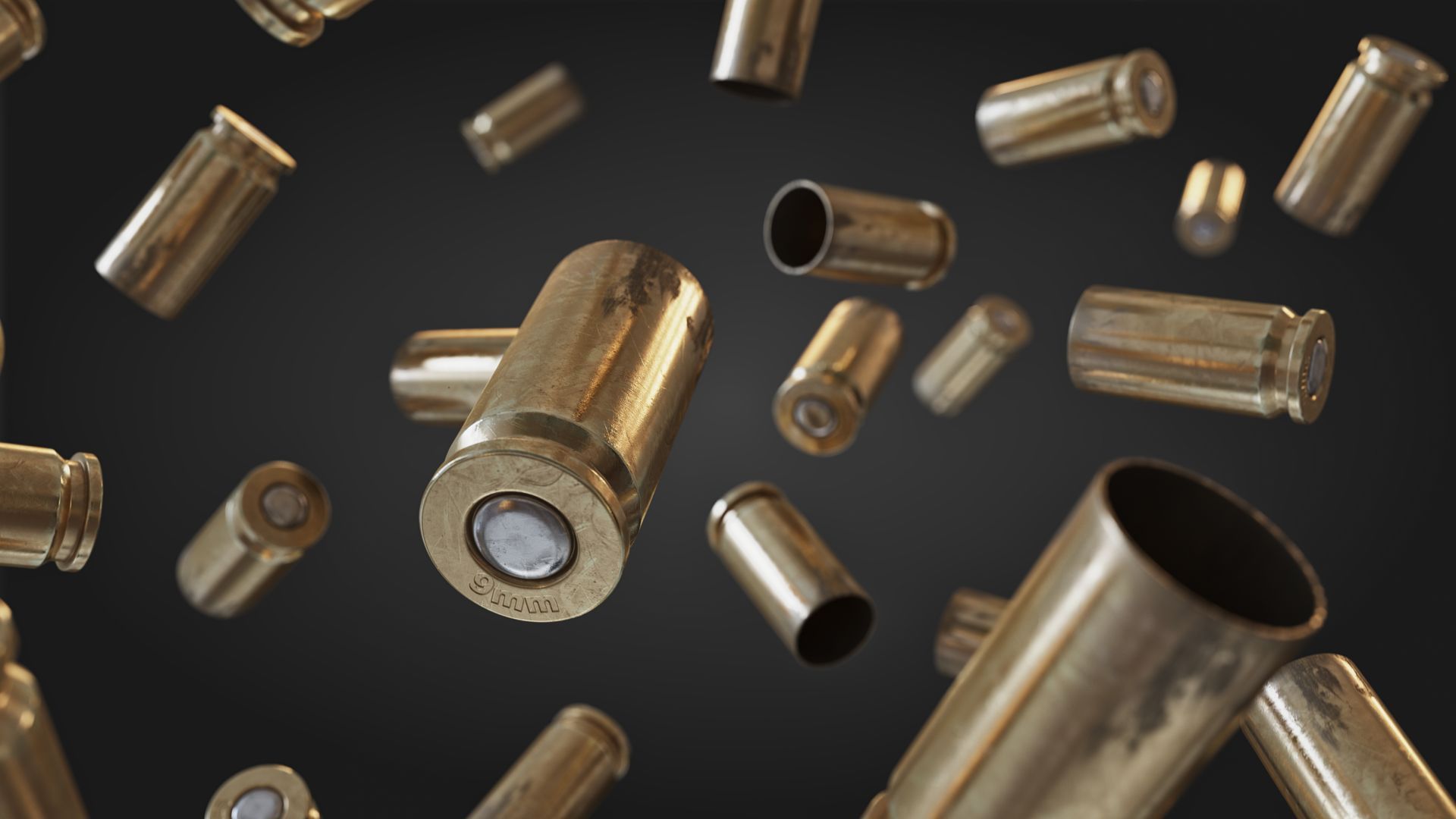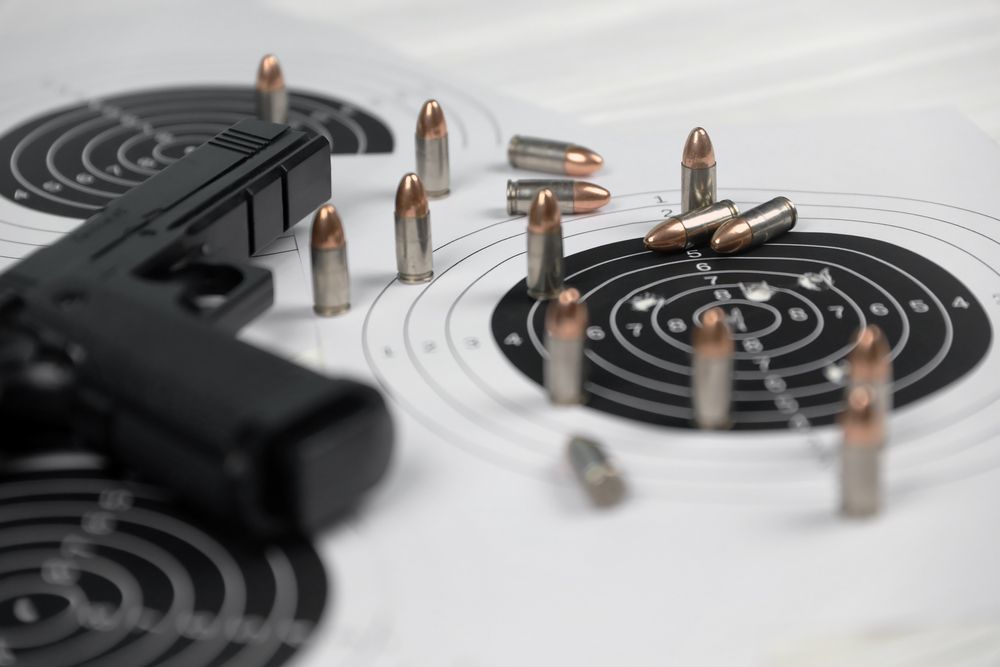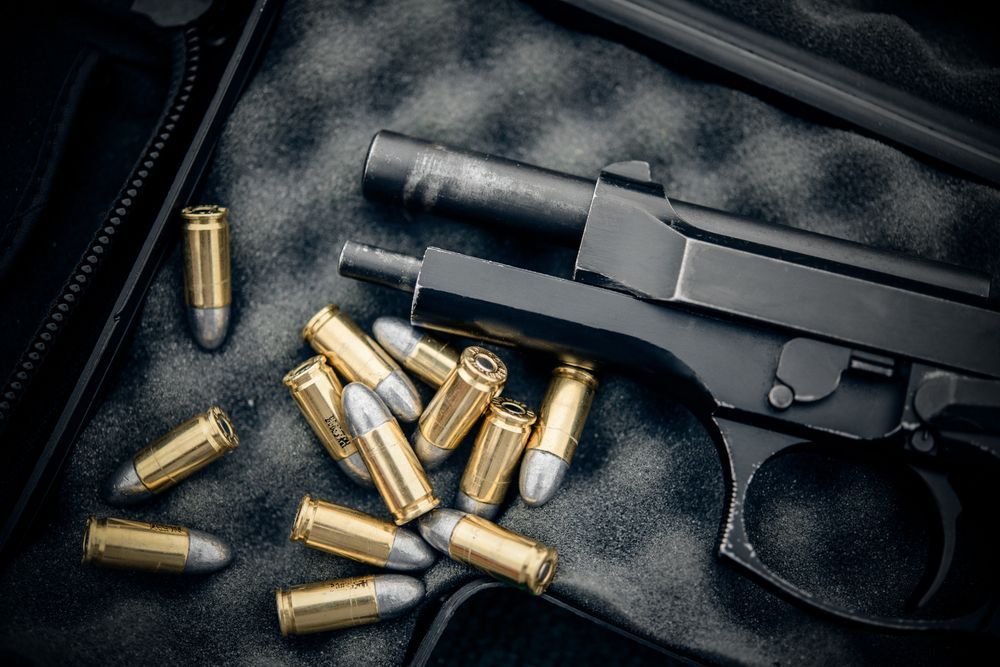Handgun Ammunition Guide
Handgun Ammunition Guide: Know Your Rounds
Whether you're a first-time buyer or a seasoned shooter, understanding handgun ammunition is key to safe and effective shooting. This guide breaks down everything you need to know about handgun ammo—clearly and simply.
What Is Handgun Ammunition?
Handgun ammunition is made up of cartridges, not just "bullets." A cartridge includes:
- Bullet – The part that exits the barrel and hits the target.
- Case – The shell that holds all the components.
- Powder (Propellant) – Ignites to push the bullet forward.
- Primer – Sparks the explosion when the firing pin strikes it.
Caliber: The First Thing You Need to Know
Caliber is the measurement of the bullet’s diameter, typically in inches (e.g., .380, .45) or millimeters (e.g., 9mm).
Common Handgun Calibers:
| Caliber | Use Case | Notes |
|---|---|---|
| .22 LR | Target shooting, training | Low recoil, low noise |
| .380 ACP | Concealed carry | Compact, lower recoil |
| 9mm | All-purpose | Most popular handgun round |
| .40 S&W | Law enforcement, defense | More recoil, more power |
| .45 ACP | Self-defense | Heavy-hitting, slower round |
| .357 Magnum | Defense, hunting | High velocity, revolvers |
| .38 Special | Revolvers, defense | Moderate recoil |
Important: Always match the ammo to your firearm’s marked caliber.
Types of Handgun Bullets
Different bullets are designed for different uses. Here's a quick breakdown:
1. FMJ (Full Metal Jacket)
- Best For: Practice, range shooting
- Pros: Affordable, clean feeding
- Cons: Over-penetration; not ideal for defense
2. HP (Hollow Point)
- Best For: Self-defense
- Pros: Expands on impact, more stopping power
- Cons: More expensive
3. SJHP (Semi-Jacketed Hollow Point)
- Best For: Defense/hunting
- Pros: Balanced penetration and expansion
4. Frangible
- Best For: Indoor range, steel targets
- Pros: Disintegrates on impact, reduces ricochet risk
How to Choose the Right Ammo
When buying handgun ammo, ask yourself:
What is your goal?
- Training/Plinking? → FMJ
- Self-defense? → HP or SJHP
- Concealed carry? → Consider caliber + expansion
What is your firearm rated for?
- Semi-autos vs revolvers may prefer different ammo types
What does local law allow?
- Some states restrict hollow points or certain loads
Ammo Storage & Handling Tips
- Keep it cool and dry – Moisture kills ammo.
- Use ammo cans or sealed containers – Protect from humidity.
- Store safely – Out of reach of children, preferably locked.
Safety Reminder: Never Mix Calibers
Using the wrong caliber—even if it “seems” to fit—can damage your firearm or cause serious injury. When in doubt, check the barrel or owner's manual.



